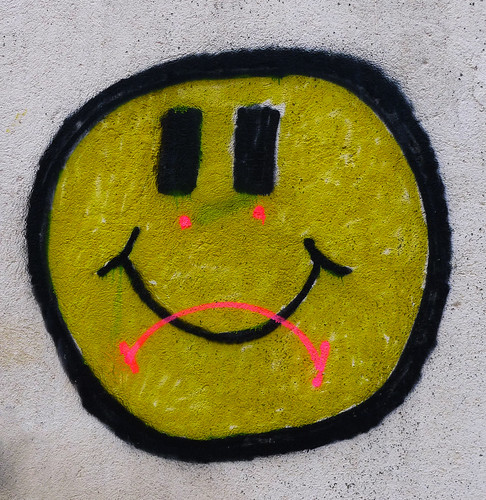If you asked me the age-long question of whether the cup was half-full or half-empty, I'd share with you that regardless of either, the cup is still beautiful. But nonetheless, to me it is half-empty and those who personally know me are well aware that I am a pessimist. Or an optimistic pessimist: hoping for the best but expecting the worst.
 |
| Photo by Walimai @ Flickr. |
My friends often tell me my negative thinking is not the way to go and often try to change my mindset. But it isn't easy and I am well aware that pessimism is not the best mindset.
So if you're in the same boat as me, Lifehack lists how to find inspiration for optimism:
- Look for the silver lining: I know I know, it is a little cliche but it really is so true. It’s hard when you’re right in the middle of a situation, but take a few minutes to mentally step back from the situations and see if there is just one area that could be seen as positive.
- Positive Friends: choose to spend time with the most positive people you know. If you don’t know any, time to step up and find some—it will be fun!
- Look for inspiration: there are several ways you can surround yourself with inspiration, such as spending time with smiling babies, or reading inspirational books, affirmations and quotes.
- Be Grateful: there is always something you can be grateful for, so acknowledge it, say it out loud. My favorite is “thank you for my breath”
It is important to understand that you can choose how and the way you think. It just takes practice to realize when you're thinking of a negative thought and turning that thought in positivity.
Works Cited
Haupt, Angela. "How Your Personality Affects Your Health." US News. U.S.News & World Report, 22 Sept. 2010. Web. 23 Jan. 2013.
No comments:
Post a Comment